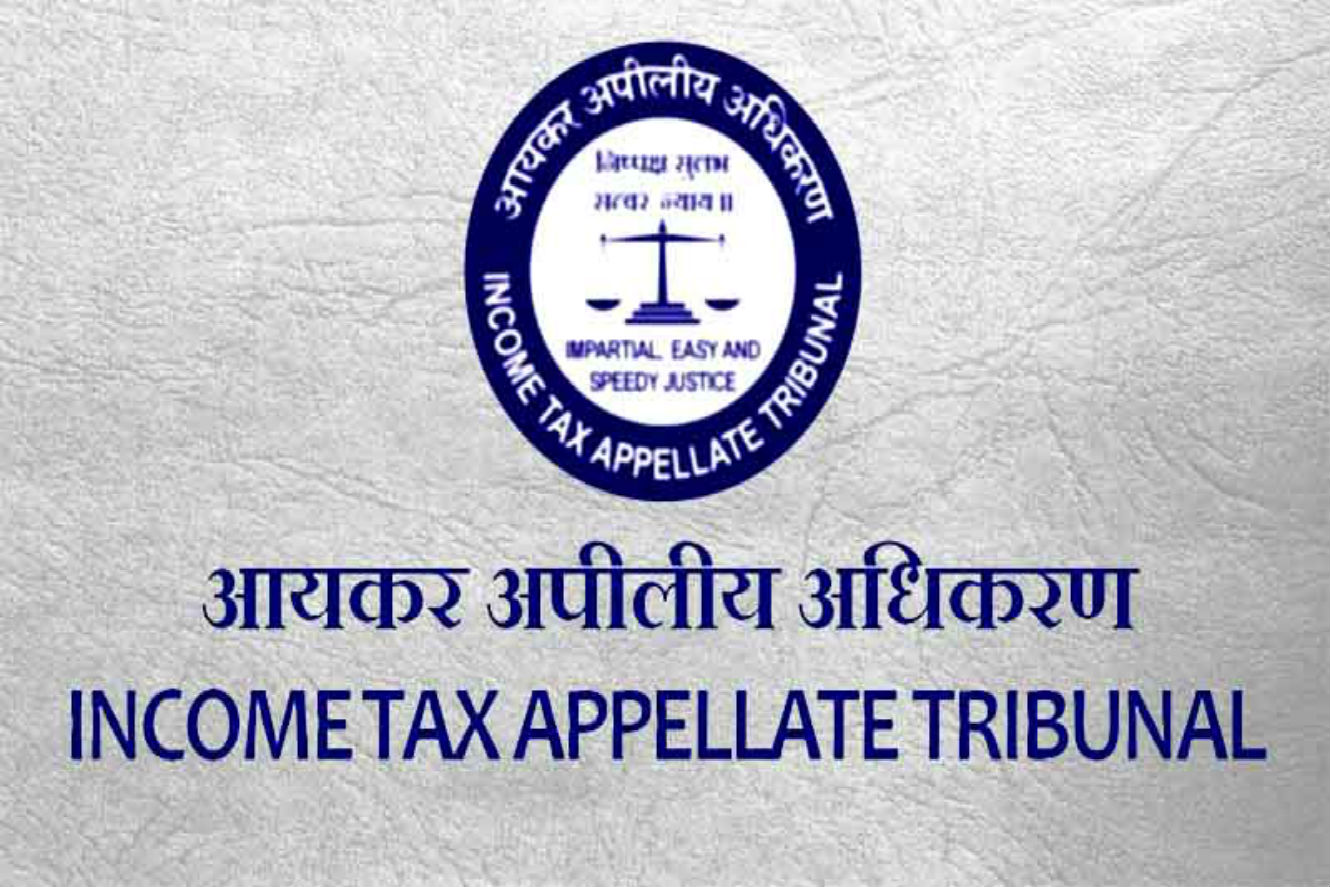Satish Kumar Mittal, J.@mdashThis Letters Patent Appeal has been directed against the order dated 3.10.2011, passed by the learned Single Judge, whereby the writ petition (Civil Writ Petition No. 9598 of 2010) filed by respondent No. 3 Jasmail Singh, challenging the order dated 15.9.2009 (Annexure P-1) passed by the Divisional Canal Officer, Faridkot Canal Division, Faridkot, ordering for restoration of the water course; as well as the order 25.3.2010 (Annexure P-2) passed by the Superintending Canal Officer, Sirhind Canal Circle, Ludhiana, affirming the said order, was allowed. After setting aside both the aforesaid orders of the canal authorities, the case was remitted to the Divisional Canal Officer for deciding the matter afresh. In this case, the appellants moved an application u/s 30-FF of the Northern India Canal & Drainage Act, 1873 (hereinafter referred to as ''the Act'') before the Divisional Canal Officer, alleging therein that respondent No. 3 along with his sons had demolished the water course ABC, which was running at the spot, resulting into stopping of irrigation facility to the fields of the appellants. It was prayed that the said water course be restored. The Divisional Canal Officer sought report from the Sub Divisional Officer, who after enquiry submitted the report that a running pucca water course was existing, which was illegally demolished by respondent No. 3. It was recommended that the demolished water course be restored. After receiving the report, the Divisional Canal Officer issued notice to the parties, and after providing opportunity of hearing to them, allowed the application of the appellants and ordered for restoration of the demolished water course, after coming to the conclusion that a pucca water course was in existence prior to its demolition, which was in running condition, and the same was found to be demolished. The Superintending Canal Officer, affirmed the order of the Divisional Canal Officer, while observing as under:-
After hearing both the parties, the perusal of record and after discussion, this court has found that the order dated 15.9.09 passed by the Divisional Canal Officer, Faridkot Canal Division, Faridkot is liable to be upheld. Due to demolition of water course, the canal irrigation of the respondents have been stopped and they are suffering loss of their crops. Concerned Ziledar and Sub Divisional Officer, Ghola have recommended for the restoration of water course after the spot inspection. The water course prior and after the disputed water course is in existence, therefore, it is genuine to restore the disputed water course ABC. Therefore, the appeal of the appellant is hereby dismissed u/s 30 FF of the Canal & Drainage Act, 8 of 1873 and the order dated 15.9.09 passed by the Divisional Canal Officer, Faridkot Canal Division, Faridkot is hereby upheld in the welfare of canal irrigation and production.
The orders of the canal authorities were challenged by respondent No. 3 by filing writ petition. The learned Single Judge allowed the writ petition on the ground that the demolished water course was not a sanctioned water course, therefore, it should not have been restored. It was also found that the demolished water course was also bifurcating the land of respondent No. 3. The learned Single Judge, after setting aside the aforesaid orders of the canal authorities, remanded the case back to the Divisional Canal Officer, on the ground that the orders passed by the canal authorities were not speaking orders.
2. Learned counsel for the appellants argued that the learned Single Judge has erred in law, while coming to the conclusion that an unsanctioned water course, if demolished by a party, cannot be restored. According to the learned counsel, if a water course is temporary or has been in existence for the continuous period of not less than six months prior to the date of its demolition, the same is to be restored, as such water course falls under the scope of Section 30-FF of the Act. Learned counsel argued that even an unsanctioned water course, existing or running on the spot for a considerable period, cannot be demolished by a party, and if demolished, the same has to be ordered to be restored by the canal authorities. He further argued that in the present case, the canal authorities have recorded a positive finding that the demolished water course was in running condition before its demolition and the appellants were irrigating their land through the said water course. While referring to the statement of Ranjit Singh (who had exchanged the land, in which the water course was existing, with respondent No. 3, his brother), made before the canal authorities, and other documents, learned counsel argued that the demolished water course was running at the spot for the last more than 40-50 years, therefore, the canal authorities rightly ordered restoration of the same, while recording a finding that it was illegally demolished by respondent No. 3.
3. Learned counsel for respondent No. 3 argued that the learned Single Judge was right while setting aside the orders of the canal authorities, as the demolished water course was not sanctioned one. It has been argued that a sanctioned pucca water course is available at the spot and the appellants can irrigate their land from that water course. It has been further argued that the demolished water course was not running on the spot for a long time. However, the existence of pucca water course before its demolition has not been disputed.
4. After hearing learned counsel for the parties and going through the impugned order as well as the orders passed by the canal authorities, we are of the opinion that the order passed by the learned Single Judge is not sustainable. Section 30-FF of the Act provides that if a person demolishes, alters, enlarges or obstructs a water-course or causes any damage thereto, any person affected thereby may apply to the Divisional Canal Officer for directing the restoration of the water course to its original condition. Section 30-FF contemplates the following three types of water courses, which if illegally demolished, altered, enlarged or obstructed, can be ordered to be restored:
(i) sanctioned under the provisions of the Act;
(ii) dug with the mutual consent or by agreement between the parties; and
(iii) in existence for a long time and prescribed by way of easement.
On receiving the application of the appellants under sub-section (1) of Section 30-FF of the Act, the Divisional Canal Officer was required to make an enquiry as he deemed fit and issue notice to the person who demolished, altered, enlarged or obstructed the water course, and after providing opportunity of hearing to the defaulter, order for restoration of the said water course to its original condition. The Divisional Canal Officer could not have refused to restore a water course, only on the ground that the water course was not sanctioned according to the provisions of the Act.
In the instant case, on the basis of the report of the Sub Divisional Officer and the statements made by the parties, the Divisional Canal Officer recorded a finding that a pucca water course was running and was being used for irrigation of the Geld of the appellants, which was illegally demolished by respondent No. 3. Ranjit Singh, real brother of respondent No. 3, in the statement before the canal authorities, had admitted that the water course in question was running for the last about 40-50 years. He also stated that the land, in which the water course was existing, was exchanged by him with respondent No. 3. If a water course is running on the spot for a long time, any person aggrieved by the same, cannot demolish it at his own on the ground that it was not sanctioned one. If a person has any grouse, he should approach the canal authorities for alteration/closure of the water course. In the present case, the learned Single Judge has set aside the orders of the canal authorities on the ground that the un-sanctioned water course should not have been ordered to be restored. In our view, the orders of the canal authorities, particularly ordering restoration of the water course, with a clear finding that prior to its demolition, the water course was running and irrigating the fields, should not have been interfered by the learned Single Judge in the writ jurisdiction, as there was no jurisdictional error in the orders passed by the canal authorities. Undisputedly, u/s 30-FF of the Act, the Divisional Canal Officer has been empowered to order for restoration of the water course, which was illegally demolished by a party. In the present case, before passing the order of restoration of the water course, due procedure was followed. Even if the water course was not sanctioned under the provisions of the Act, and if the same was in running condition for a long time, it should have been ordered to be restored, as Section 30-FF of the Act contemplates restoration of three types of water courses, i.e. (i) the water course sanctioned under the provisions of the Act; (ii) the water course dug with the mutual consent or by agreement between the parties; and (iii) the water course in existence for a long time and prescribed by way of easement. It is not the case of respondent No. 3 that the demolished water course was not in existence for a long time. His only case is that it was bifurcating his land. In the writ petition, respondent No. 3 himself had pleaded that even temporary water course can be ordered to be restored, if it is proved that it was running six months prior to the date of its demolition. Even Ranjit Singh, brother of respondent No. 3, in his statement before the canal authorities had specifically stated that the demolished water course was running for the last about 40-50 years, and the land, in which the water course was existing, was exchanged by him with respondent No. 3. In these circumstances, the canal authorities had rightly ordered for restoration of the demolished water course. A perusal of the orders passed by the canal authorities does not indicate that those orders are non-speaking and do not assign good reasons for ordering restoration of the water course. Therefore, in our view, the learned Single Judge should not have set aside those orders, which were perfectly justified in the facts and circumstances of the case, and should not have remanded the case to the Divisional Canal Officer to decide the matter afresh. In our opinion, the canal matters, particularly demolition of the water course, should be decided expeditiously, without any delay, as demolition of the water course adversely affects the irrigation of the fields of the farmers. Therefore, remand of the case, without any justification, will un-necessary further delay the matter. In these circumstances, we are of the opinion that the learned Single Judge has wrongly interfered in the orders of the canal authorities, whereby they had ordered for restoration of the water course, which was in running condition and in existence prior to its demolition.In view of the above, this appeal is allowed. The order dated 3.10.2011 passed by the learned Single Judge is hereby set aside.

